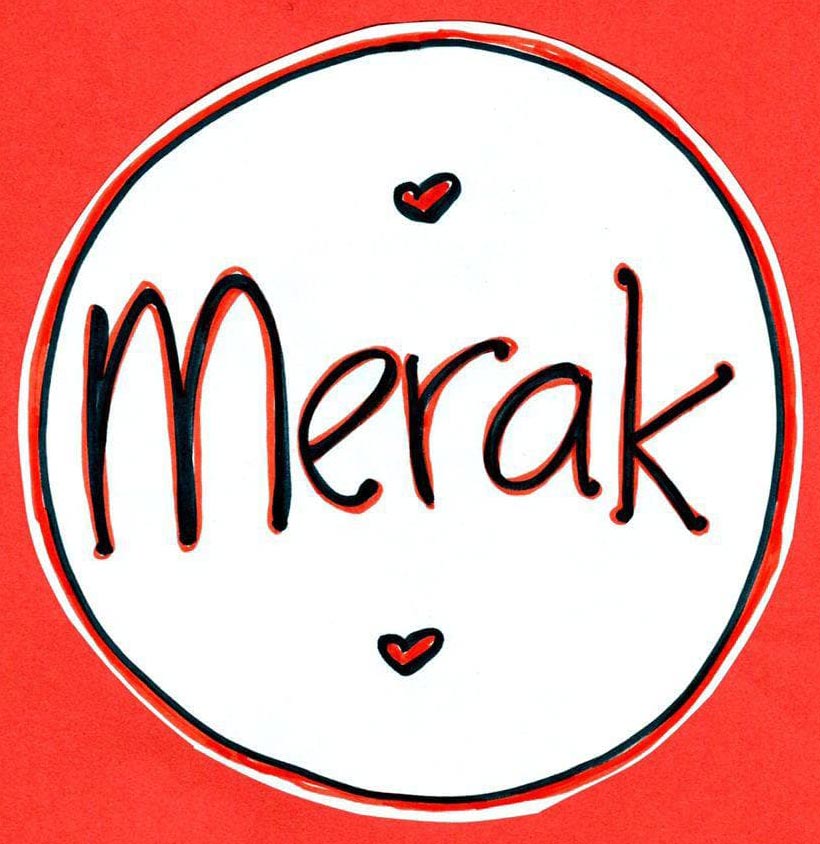
The future will show what the theater of the future will be like because there is no vacuum. You cannot find a way to the theater of the future. Speaking today about Russian contemporary theater, we say: Is a person ready to go to prison for 6 years? Is a person ready to sacrifice their own life? Theaters today have to make a decision that runs counter to the ethics of art: to be state or political. Being state-owned means not having the right to react to what is happening, to society, to politics, to culture. To be autonomous and political is to take risks and constantly fend off attacks from the state and haters. This is not a working format. As soon as you try to react with the theater to events, you can sit down on any chosen article. Theater in Russia is a privilege. People have nothing to eat and they have a demand for survival, not for theater. It is naive to believe that the theater will change Russia. But this is a good tool for the growth of self-awareness and space for concentration.
Yulia Tsvetkova

Manifesto of the Merak theater

The state must not interfere into the creative process and dictate its rules. Each theater, its members and participants create their own rules and agree on them. To understand them, law enforcement officials can request a particular theater to provide them with a master class, an open rehearsal.
Art is about freedom. There, one must only be controlled by one's inner limitations. A person themselves must understand what they can talk about. The inner censor must limit the person inolved in art. Therefore, criticism from the outside must be a statement of opinion or comment without insulting or bullying.

To avoid misunderstandings between adults and children, the state and the theater, it is important to constantly improve the qualifications of all cultural figures and actors, as well as teachers: hold various masterclasses and lectures and community meetings for them.
It is the responsibility of the state to:
- Provide theaters with premises;
- Create favorable conditions for work. Every place (city, town, village, etc.) in Russia should have free platforms for exchanging experience without any administrative pressure;
- Support of theaters and people working there through a system of grants.

Theaters should not be under any state restrictions or any other restrictions from above.
2. Equality and solidarity within the theater community
Theater can be organised in any place. This also includes schoolrooms. This does not diminish its value or make it worse than a state theater. Mutual respect should be fostered among actors and directors, and no bullying should be tolerated within the community. Themes and theatrical forms that are being used can be anything. Theater can be anything.
3. Directing in youth theater.
Theaters should foster an environment in which children would be interested in directing their own plays. Teachers should listen to the children and respect their needs and ideas. Children can practice the plays everywhere, including outdoors. There should be more free theaters that will have performances on any topic. The director is not more important than actors. Actors and actresses can choose their own roles and how to play them.
4. Fair cooperation in youth theater
In theater, everyone is equal. Everyone takes part in discussing and thinking through the theme and the script. In theater, a collective of people decides everything. It is also a community.
Children should be involved in all processes as much as adults are: costumes, scenery, dramaturgy, directing, technique, etc.
Children's and youth theaters should be supported by the participants themselves, their parents and the residents of the city, because theater is always there for the city.
5. Diversity and Inclusion in Theater
The theater provides for a comfortable space for all children, teenagers, and young adults. Space and work must be organized in an inclusive way. All people, regardless of gender, sex, health and neurodiversity, social status and background can be part of the theater.
The theater takes into account the different abilities of each actor. The age of the actors is not important. Theaters must not tolerate any form of ageism or ableism, racism or other forms of discrimination.
The local administration, in turn, must provide the theater with adequate infrastructure so that it is easy for everyone to attend rehearsals and performances.
6. Solidarity through the problematic environment
We are witnessing an endless history of theaters being shut down and performances- cancelled. All theaters, creative groups and art spaces should be able to unite and come up with mechanisms of help and mutual support.
Grand theaters should support independent theaters because those are more vulnerable. The community should be able to react as quickly as possible and spread information on the pressure that is put on any of the theaters. Cultural activists and residents must not be afraid to express their civic position and show solidarity.
The cases of attacks and harassment need to be dealt with officially and legally. It is necessary to make public statements and talk about the situation in social media, and to provide these events with wide publicity. It's also important to keep a personal diary in such situations: one should write everything down, take pictures, and collect relevant materials. It is important to document the process of attacks and harassment of any theater and creative group.
We encourage all youth theaters to study the Convention on the Rights of the Child and other legal documents, so that in difficult situations one can identify or exclude possible violations of one’s rights by referring to such documents. We believe that this is an important step in the formation of civil society.

We won't be able to offer you a perfect layout for the theater system. There are many, because theater is based on personalities.
Stay free and don't forget that theater is a place of exchange, where everyone expresses the various facets of their individuality.
We hope that our experiences and ideas will make you stronger!
Compiled by the actors and actresses of the youth activist theater "Merak" with the help of Anna Khodyreva and Kira Schmyreva, translated by Alyona Zviagina
